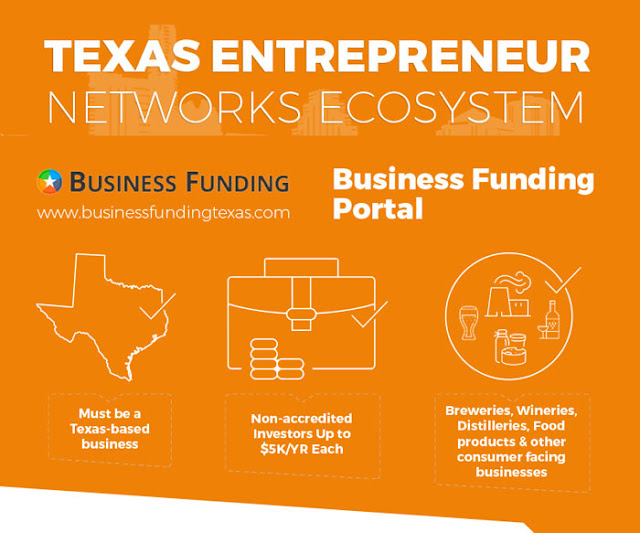What
is the history of Updata Partners?
Updata is a technology-focused growth equity firm
based in Washington, D.C. The firm was founded in 1998 and was an early leader
in the growth equity category. We have invested in more than 60
industry-leading companies and have built and sold businesses exceeding $3
billion in shareholder value.
What
do you invest in?
As a growth equity investor, we invest in businesses
that have reached between $5 to $50 million in revenue, that are growing
greater than 25% per year, and that have a proven and capital efficient
business model. Within the technology market, we focus our efforts on software,
internet / digital media, and technology-enabled services companies. Our
capital is used to accelerate growth by investing in sales and marketing,
expanding into new geographies, developing complementary products, and / or
financing a potential acquisition. We generally target bootstrapped or lightly
capitalized companies and are flexible when it comes to deal structure. We
invest between $5 and $20 million into companies in the form of both primary
and secondary capital, and we partner with other investors on larger
transactions.
What
do you not invest in?
How do you handle syndication deals?
We are typically the lead investor, but we welcome
the opportunity to invest with partners that can add value. We are not
typically part of large group deals. We also have strong support from our LPs,
who actively look for co-investment opportunities and help support us on larger
transactions.
Where
do you invest geographically and have you invested in Texas deals?
We invest across the U.S. and internationally. We
have had success targeting geographies with a strong technology ecosystem, talent
pool and early stage capital sources, but lack a growth equity capital pool. We
have experience investing in Texas, including Alert Logic, based in Houston,
which was acquired by Welsh Carson, and Merlin Technologies, based in Dallas,
which was acquired by Trident Capital.
What
do you think about the Texas-based deals?
Texas has a strong history in our core software
markets, producing leaders like BMC Software, i2 Technologies, Dell and others.
We have been very impressed with the quality of the investment opportunities in
Texas, and since raising a new fund, we have focused closely on enhancing our
presence in Texas. We are excited about the opportunity to further these
efforts and continue to evaluate the great opportunities in the region.
What
kind of operational support do you offer your portfolio?
All of our GPs are former operators and
entrepreneurs, which is a great benefit our portfolio companies can leverage.
Having been in the seat before, we understand how to add value and develop a
successful management team / board of directors / investor dynamic. Also, we open
up an extensive network of industry contacts, experts, and companies our
portfolio companies can access. We view our involvement as a true partnership
and do everything we can to set up our portfolio companies for success.
What
is the history of Updata Partners?
Updata is a technology-focused growth equity firm
based in Washington, D.C. The firm was founded in 1998 and was an early leader
in the growth equity category. We have invested in more than 60
industry-leading companies and have built and sold businesses exceeding $3
billion in shareholder value.
What
do you invest in?
As a growth equity investor, we invest in businesses
that have reached between $5 to $50 million in revenue, that are growing
greater than 25% per year, and that have a proven and capital efficient
business model. Within the technology market, we focus our efforts on software,
internet / digital media, and technology-enabled services companies. Our
capital is used to accelerate growth by investing in sales and marketing,
expanding into new geographies, developing complementary products, and / or
financing a potential acquisition. We generally target bootstrapped or lightly
capitalized companies and are flexible when it comes to deal structure. We
invest between $5 and $20 million into companies in the form of both primary
and secondary capital, and we partner with other investors on larger
transactions.
What
do you not invest in?
How do you handle syndication deals?
We are typically the lead investor, but we welcome
the opportunity to invest with partners that can add value. We are not
typically part of large group deals. We also have strong support from our LPs,
who actively look for co-investment opportunities and help support us on larger
transactions.
Where
do you invest geographically and have you invested in Texas deals?
We invest across the U.S. and internationally. We
have had success targeting geographies with a strong technology ecosystem, talent
pool and early stage capital sources, but lack a growth equity capital pool. We
have experience investing in Texas, including Alert Logic, based in Houston,
which was acquired by Welsh Carson, and Merlin Technologies, based in Dallas,
which was acquired by Trident Capital.
What
do you think about the Texas-based deals?
Texas has a strong history in our core software
markets, producing leaders like BMC Software, i2 Technologies, Dell and others.
We have been very impressed with the quality of the investment opportunities in
Texas, and since raising a new fund, we have focused closely on enhancing our
presence in Texas. We are excited about the opportunity to further these
efforts and continue to evaluate the great opportunities in the region.
What
kind of operational support do you offer your portfolio?
All of our GPs are former operators and
entrepreneurs, which is a great benefit our portfolio companies can leverage.
Having been in the seat before, we understand how to add value and develop a
successful management team / board of directors / investor dynamic. Also, we open
up an extensive network of industry contacts, experts, and companies our
portfolio companies can access. We view our involvement as a true partnership
and do everything we can to set up our portfolio companies for success.






